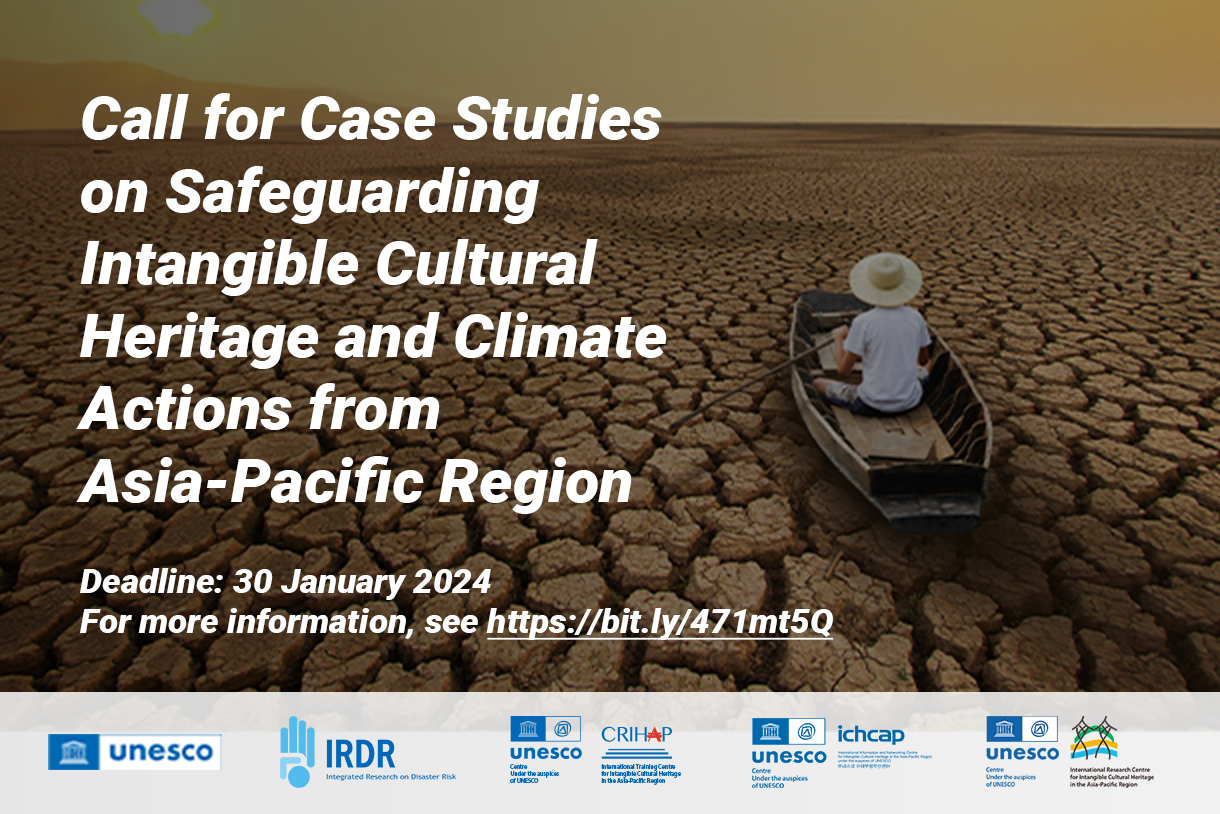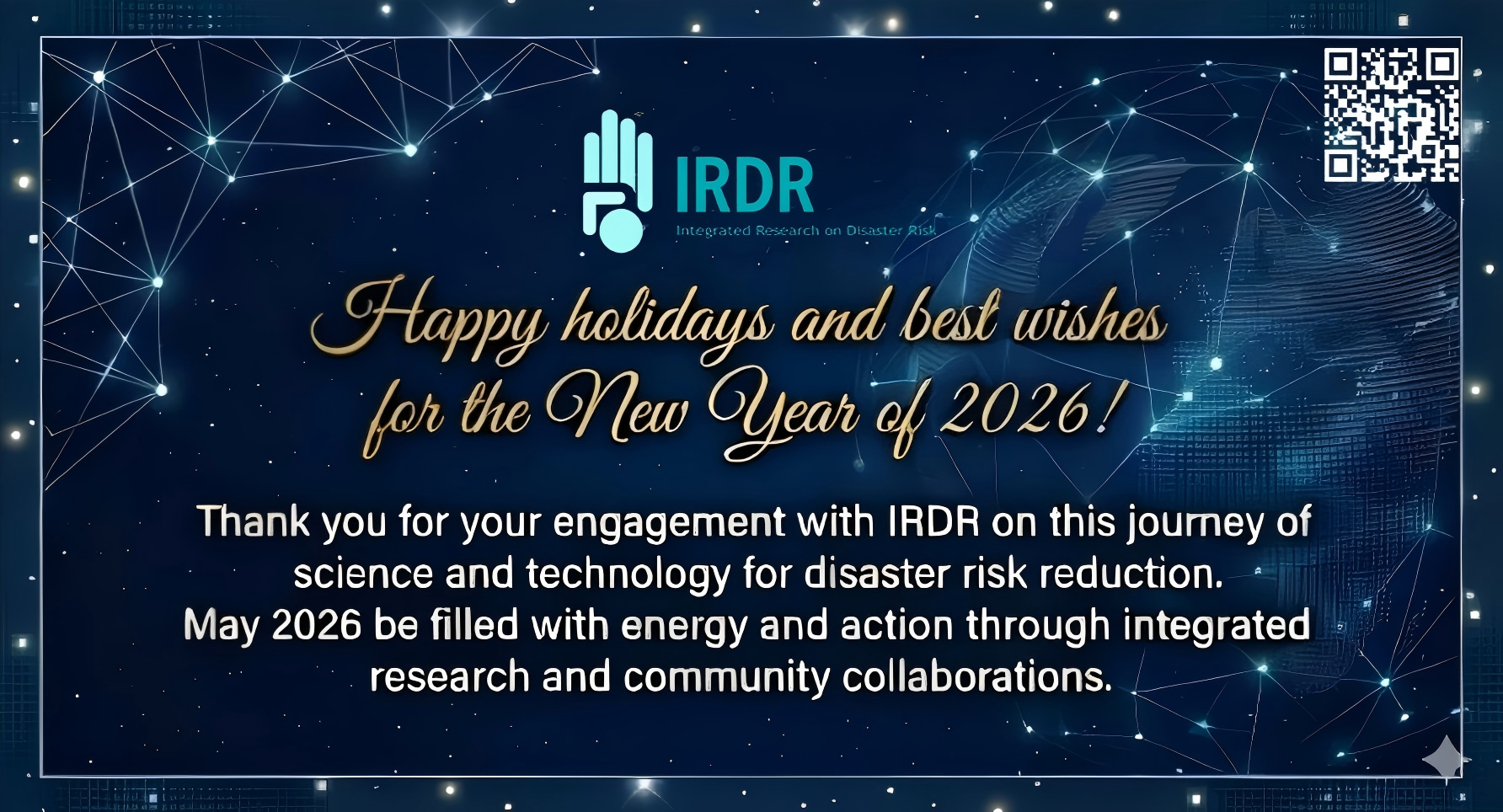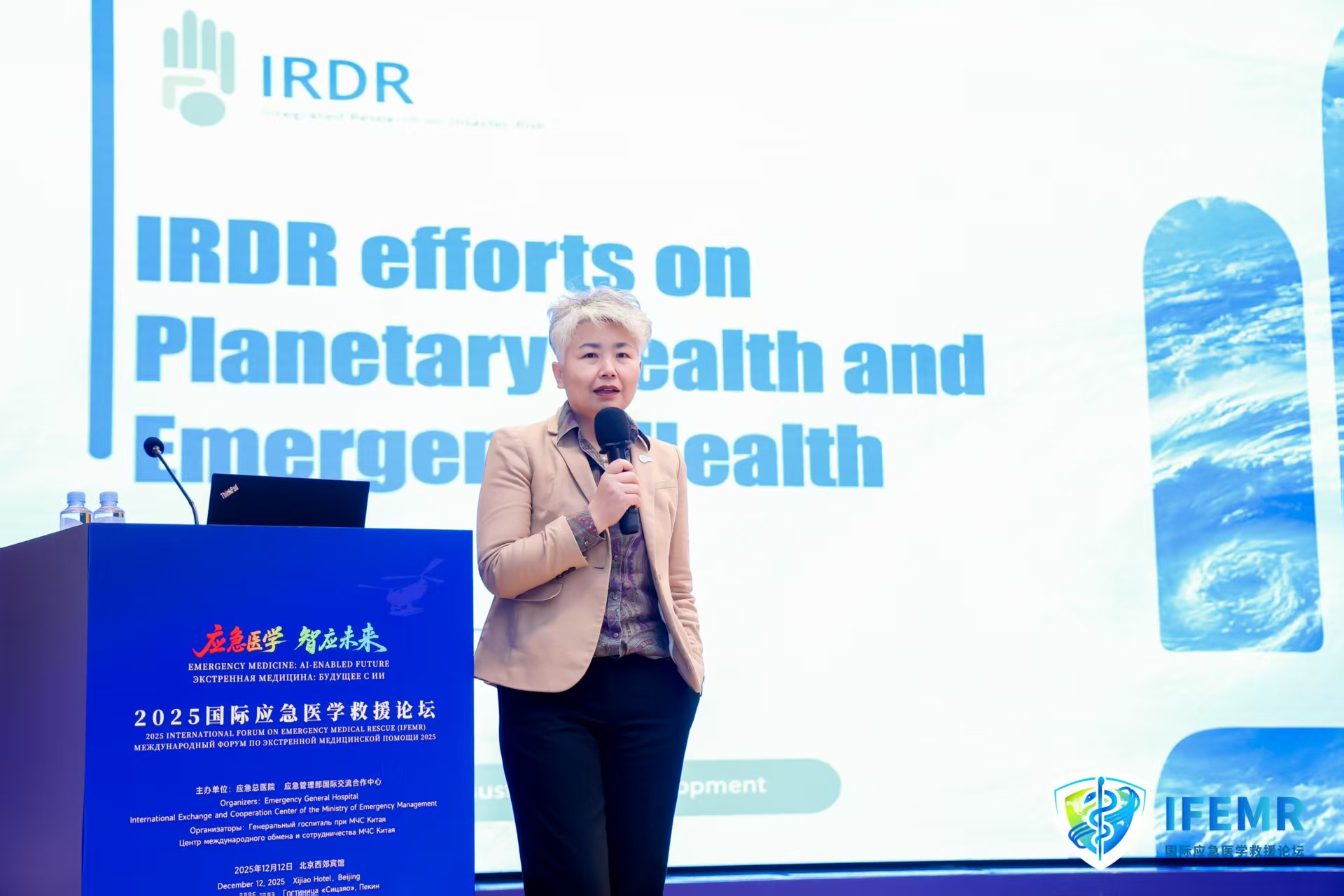UNESCO is inviting interested teams and individuals to submit case studies from Asia and the Pacific that illustrate the roles and risks of intangible cultural heritage in the context of climate change. This call is co-launched by Integrated Research on Disaster Risks (IRDR) and 3 centers under the auspices of UNESCO – International Training Center for Intangible Cultural Heritage in the Asia-Pacific Region (CRIHAP), International Information and Networking Center for Intangible Cultural Heritage in the Asia-Pacific Region (ICHCAP) and International Research Center for Intangible Cultural Heritage in the Asia-Pacific Region (IRCI).

Background
Intangible cultural heritage (ICH) is a broad concept, and it includes traditions or living expressions inherited from our ancestors and passed on to our descendants, such as oral traditions, performing arts, social practices, rituals, festive events, knowledge and practices concerning nature and the universe and the knowledge and skills to produce traditional crafts. Climate change and increased variability in the frequency, intensity and extent of climate-related disasters have represented a major challenge to the safeguarding of ICH worldwide. Yet, the international instruments concerning climate change rarely mention intangible cultural heritage, including both the risks to it caused by climate change and its contribution to address this global phenomenon. In this respect, UNESCO in collaboration with IRDR, CRIHAP, ICHCAP and IRCI will collect case studies from the Asia-Pacific region that can illustrate the dual nature of this intimate and complex relationship between ICH and climate change.
Focus of the case studies
- What roles does ICH play in identifying, assessing and monitoring climate change?
- What roles does ICH play in promoting communities’ adaptation and resilience to climate change?
- What roles does ICH play in mitigating carbon emissions and disaster risk?
- What are the direct and indirect impacts (including cultural, social and economic) and risks to ICH practice, transmission, safeguarding and viability from climate change over the long term?
- What changes to ICH are required for adaptation to climate change?
- What are local and regional strategies for safeguarding ICH in the context of climate change?
- Title of case study
- Relevant details including author(s) and affiliation, contact details, geographical location, etc.
- 1 page summary of the case study
- Background to the case study
- Statement of the problem
- Objectives of the case study
- Research design and methodology
- Ethics considerations and human rights issues
- Strengths and limitations of the case study
- Findings
- Discussion / Conclusions
- Recommendations
- References / Bibliography
- Photos/ Videos (including copies of consent forms)





